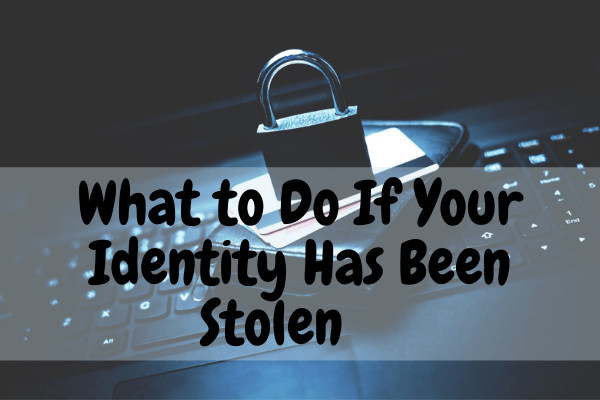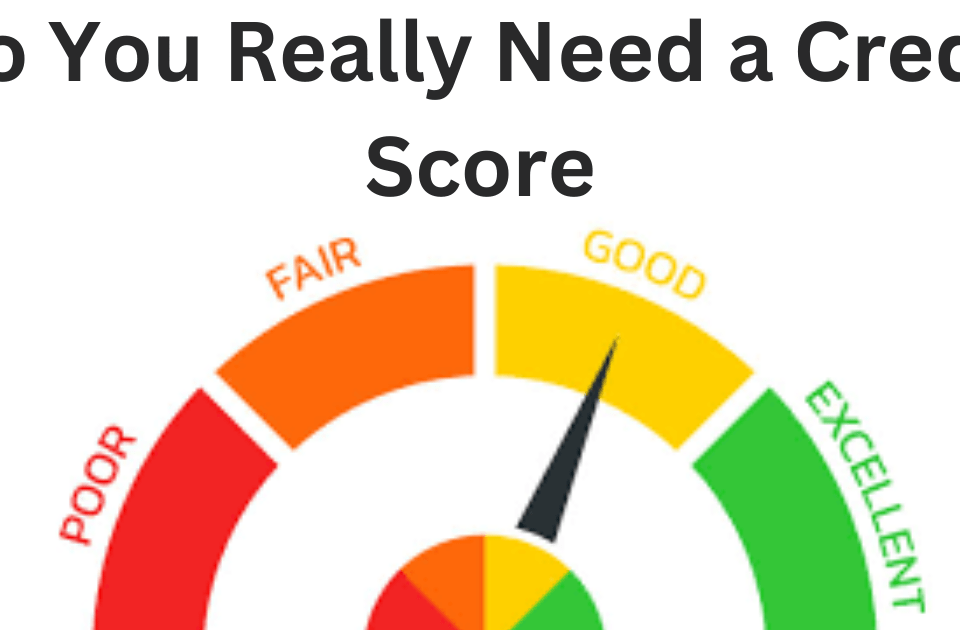What to Do If Your Identity Has Been Stolen
One of the most common questions that people usually ask is what they should do if ever their identity gets stolen. The sad news is that considering how rampant cases of identity theft have become these days, with criminals managing to get their hands on employment files, tax returns, medical records, and more, it has become even more often that you hear this question asked, especially amidst the surge of frauds and scams these days.
The good news is that you can easily spot and identify these problems sooner and prevent the act of theft as long as you stay mindful and vigilant of even the smallest changes in your personal data.
Here are some of the most important steps you can and should take right away if ever your stolen gets stolen:
Verify the Theft
Go through your credit card and bank statements, credit report, and new notices from a government agency or healthcare insurer. There are instances when fraudulent statements are sent by identity thieves in an attempt of luring you to share your details.
Start a Paper Trail
After confirming that identity theft has indeed taken place, it is time to take note of all pieces of information related to attempts of clearing your name. It includes logging the phone calls by contact, resolution status, time, and date. Mail documents with return receipt request to keep a record of these transactions. There are specific types of fraud with timeframe for reporting. Make sure you create a calendar to avoid missing important deadlines.
Report It to the Police
Notify the local law enforcement agency to request for an identity theft report. It is an important document you should have when dealing with potential bill collectors, credit agencies, and banks.
Notify a Fraud Alert on Your Credit
All of the three major credit reporting bureaus share information and this is why it is important to contact them to put a fraud alert on your file. The alert prevents the acceptance of new credit applications with no further verification. The notice remains on your record for up to 90 days to give you time to clear your near. The alert can also renewed at the end of the initial 90 days.
Consider a Credit Freeze
You might consider a credit freeze for maximum protection that means that a potential creditor won’t be able to access your credit report with no newly opened accounts under your name. A credit freeze won’t affect your credit score and helps in effectively blocking off identity thieves.
Come Up with an Identity Theft Report
Finally, make sure that you create an identity theft report that can be filed with the FTC. It will help remove fraudulent information on your credit report and prevent collection companies from obliging you to pay for debts brought about by identity thieves.
Now that you have an idea of the things you should do if your identity has been stolen, make sure that you apply more precautionary measures with your daily activities to always stay on the safe side.






